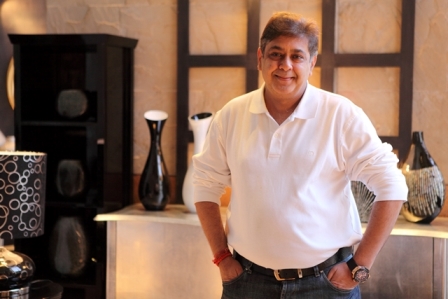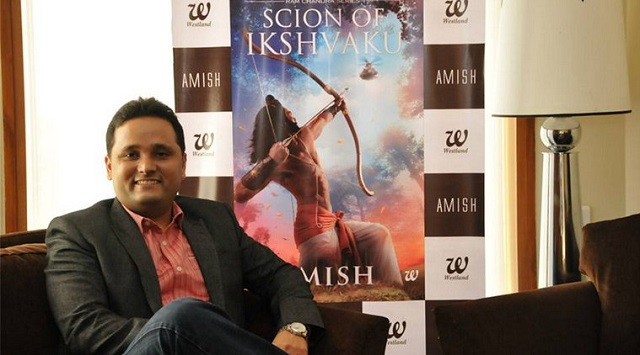People follow a wrong spending pattern and fritter away their salaries. Reversing or changing spending habits will help you save more money.
by The Editors | editor@themetrognome.in
‘Khush hai zamana, aaj pehli tareekh hai!’ exulted the popular ad for a chocolate brand a few years ago, and the country agreed with the sentiment. Most of the workforce in the country is a salaried one, and the first of every month is an occasion for celebration in most households.
Naturally, the first two weeks of the salary reaching us is spent in settling bills, making grocery purchases, settling our house rents or EMIs, and then shopping for ourselves and our families. Add to this expenses for food, daily travel, children’s school and tuition fees, and money spent on recreation, and it is little wonder that most of us are broke by the end of every month. Then the salary comes in the next month…and the whole cycle gets repeated again.
Wrong assumptions about salaries
Our basic assumption about the money we make from our jobs is that we are ‘safe’ for a month till the next pay cheque arrives. While that is true, the notion is also flawed on several levels – if the salary is a safety net for us, how is it that we use this safety net so carelessly instead of keeping it as our second or third option?
One might argue that with high inflation and no other sources of income, it is obvious that only our salaries will save us. However, stop to think: what if we are using this basic asset wrong? Is there a way to save more instead of going broke every month?
Check out these ways to reverse your spend-save cycle.
 Change your mindset. At the very outset, you must change your thinking about how you are going to spend your salary. Do you think of saving only after you realise that you are going broke every month? Do you consciously set aside a sum of money every month as savings? If the answers to both questions is ‘No’, you need to rethink your spending patterns.
Change your mindset. At the very outset, you must change your thinking about how you are going to spend your salary. Do you think of saving only after you realise that you are going broke every month? Do you consciously set aside a sum of money every month as savings? If the answers to both questions is ‘No’, you need to rethink your spending patterns.
How much are you really making? You are making a big mistake by assuming that the entire salary you receive is at your disposal. At the start of the fiscal year, calculate the total gross income you will make by way of salaries. From this, deduct taxes that you will pay the company at the end of the financial year. Now deduct the premium you will pay on any insurance policies or mutual funds at the end of the year. After this, subtract your fixed monthly spends on EMI or house rent, school tuition fees, school transport, domestic help salary, building society charges, for a full year. Subtract any other fixed monthly spends as well, for the whole year. The amount you are left with is the amount of money you are earning.
What state is your income in? After following the above step, consider that you will have to also count other monthly expenses on groceries, commuting, etc. which can change from month to month. After all these deductions from your annual pay, if you arrive at a negative number, it means your spending habits are completely wrong. If it is a positive number, it means you are saving at least some money. The higher the positive difference between income earned and money spent, the more you are saving per year.
How to increase money saved? Every month, remove a chunk of the salary and set it aside as mandatory saving for the month. Compel yourself to spend only from the money that is remaining after deducting the saving. Consciously try to set aside bigger sums every month as savings, and do not dip into this money unless there is a big emergency. Do not be tempted to use this money to shop on things that are avoidable for the moment. When you have saved a sizeable chunk of money, open a Fixed Deposit account or opt for a Recurring Deposit to maximise the savings. Alternatively, you can open a Public Provident Fund (PPF) account and put the monthly savings in it; however you cannot withdraw the amount you save in PPF till at least five years have elapsed, and you get only a percentage of the total money deposited at that point.
(Pictures courtesy blog.creditkarma.com, musingsofahomemaker.com. Images are used for representational purpose only)












